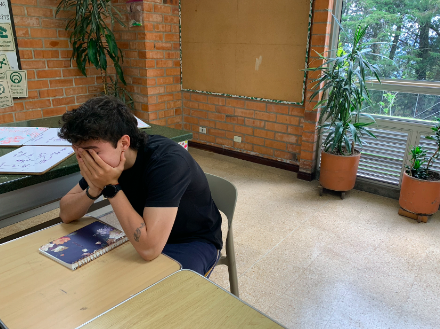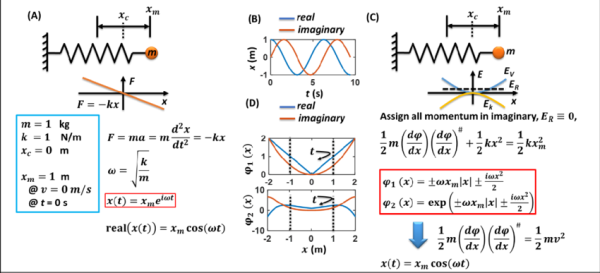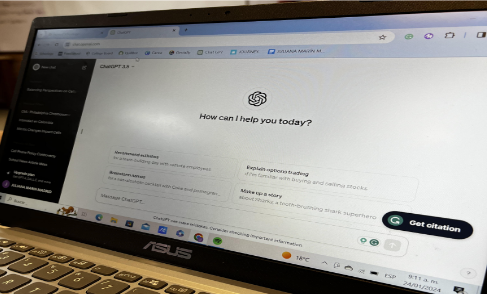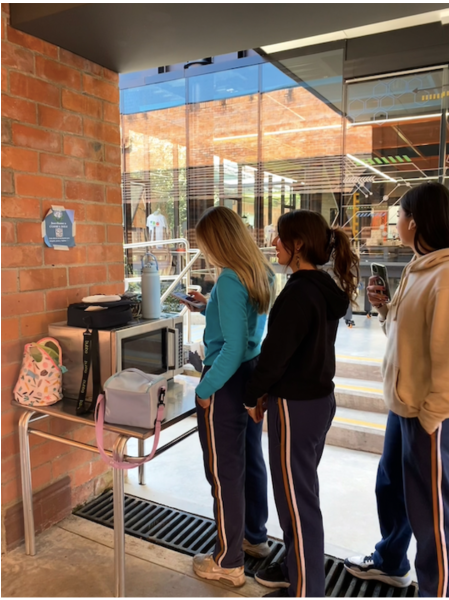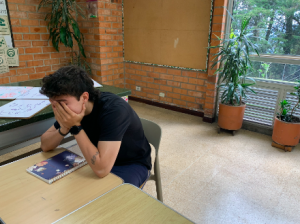Contamination: A nightmare that scares us all
When we think about contamination we visualize factories, smoke, and trash; however, one of the most contaminating things in the world is what most humans eat every day: meat. Everyone has a different point of view regarding the consumption of certain foods. This results in the decision some make to become vegan, vegetarian or to stay away from certain diets, causing disagreement with meat eaters. Eating animal source food is one of the factors that most increases your carbon footprint–a fact many are unaware of. Not denying the fact that the meat is appetizing, reducing its consumption benefits human beings in lots of ways.
Farmland pollution could reduce by 75% if we stopped, or lessened, consumption of meat. In addition to this, “People think that what pollutes are the cows fart, but what contaminates the most is irresponsible cow ranching because having cows implicates to cut trees, and deforestation leads to bigger carbon footprint,” Sofia Vasquez, 11th grade student, said. Lots of trees are cut so farmers can put their cows their. The fact that they are cutting trees and not plating any pollutes the environment a lot. Trees are one of the most important elements for planet earth, they give us oxygen and so many more things. Farming uses the vast majority of farmland, which is an 83%, and this produces 60% of agriculture’s greenhouse gas emissions, which also pollutes a lot.
Trees are one of the most important elements of the Earth: they give us oxygen to breathe, paper to print on, house millions of animals, and overall only benefit the world around them. We repay them by cutting down 100,000 acres of forest every single day, many of which are a byproduct of the meat industry. Is this starting to convince you to lessen your meat intake? Because this is only one of the hundreds of negative consequences of the consumption of meat. Deforestation affects pollution, but an even worse repercussion of the meat industry is the fact that we are placing animals in industries where they’re tortured. Also, these places produce gases that further pollute the environment.
Based on the ASPCA organization, 10 billion farm animals in the U.S. are raised in factory farms; meaning over 95% of them are raised suffering. Humans have to grow into more sensitive figures, with a more open mindset. We are used to ignoring the senseless abuse of animals just to fulfill unnecessary cravings, taking for granted the disturbing process that animals go through. The treatment animals receive is extremely unethical, they are raised in poor conditions and mistreatment, just to eventually get killed. Personally, I recognize I’ve been ignorant towards what goes on in the factory farms, but I’ve changed my perspective and started changing my eating habits in order to contribute to my health and stop promoting animal slaughter. Decreasing the amount of beef we eat would save animals from suffering, reduce the damage done to our Earth, and prevent worsening climate change.
Lastly, beef is not the best thing for humans to consume. Humans are naturally not meat eater, and by eating this it makes us more propense to certain illnesses. Reducing the amount of meat we eat will not only help the planet, but also us. “Eating meat is not good for your body, your body doesn’t tolerate high amounts of meat,” Raquel Londoño, 11th grade student, said. Based on some research, what Londoño said was true: eating meat increases the risk of colorectal cancer and of possible cardiovascular disease. If lowering your carbon footprint is not something you care about, then your health should be.
People who eat meat are either ignorant to this information or don’t care; there are some, however, that although have tried, have found it near impossible to quit eating meat. Additionally there are some downsides to this that can’t be ignored. To begin with, many would lose their jobs and some countries would see their economy gravely affected. Also, large countries would not have enough food supply to support their entire population. It’s undeniable that meat is delicious, and most people aren’t used to refrain from eating it, but surely everybody is capable of reducing their consumption. If you’re not doing it for the environment or the animals, then do it for your health. Take a moment to analyze your habits and the inherent consequences they have for yourself and the Earth we all live in.





